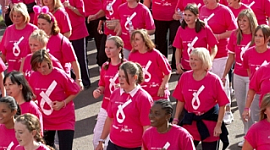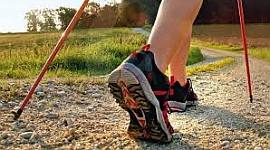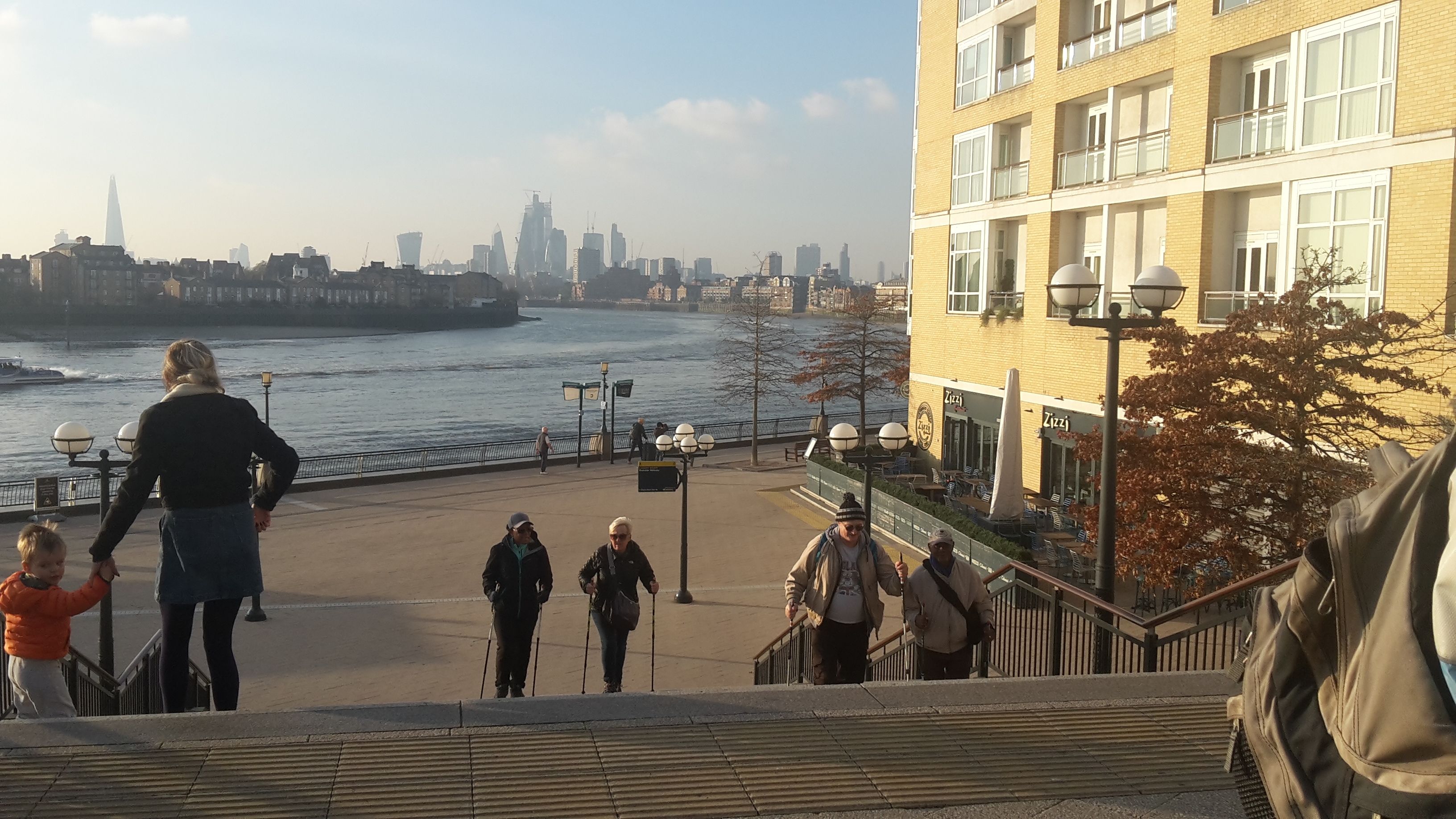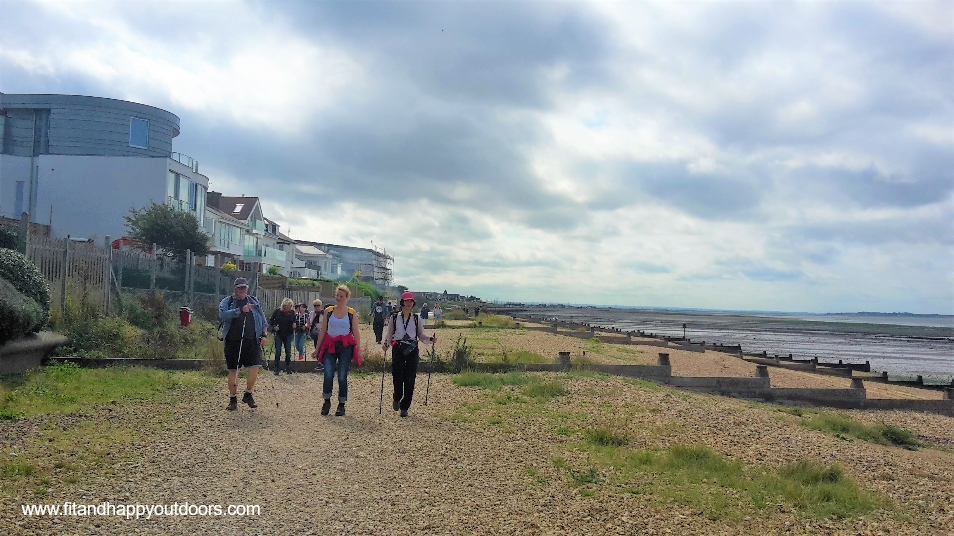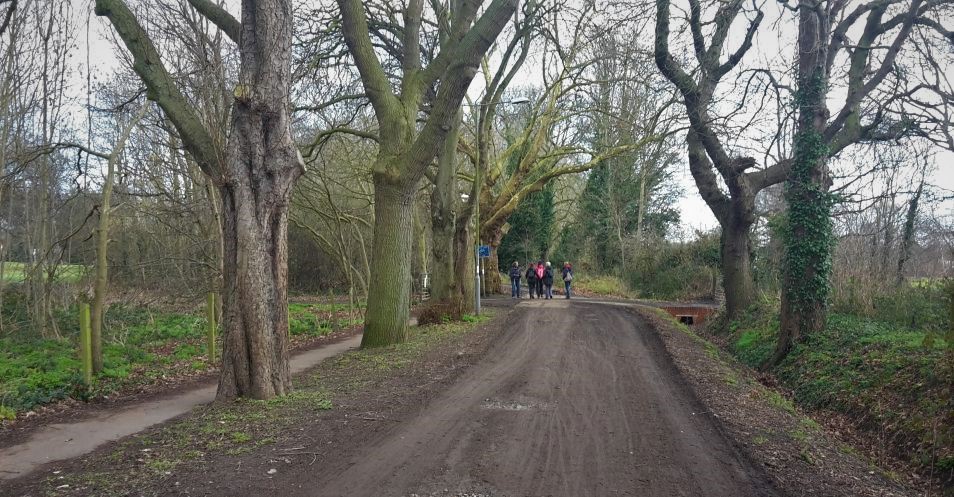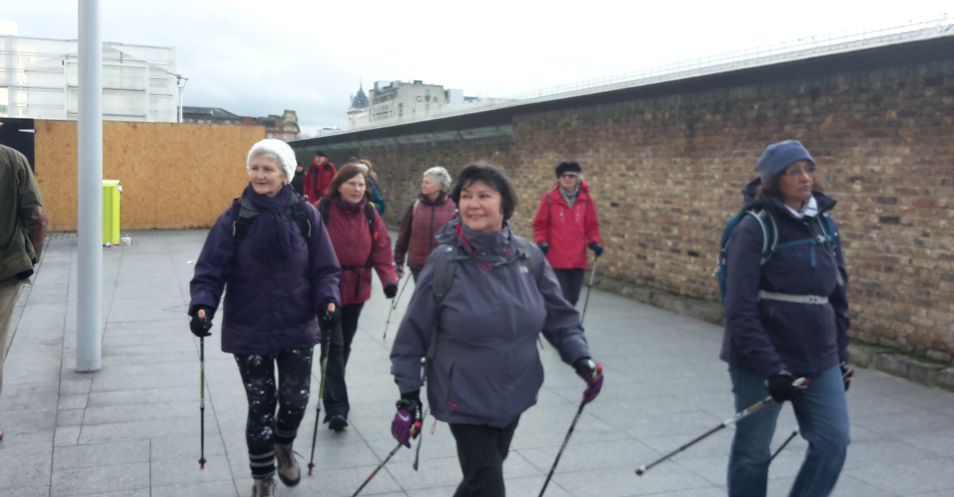Postmenopausal women who walk regularly have less chance of getting breast cancer, scientists have found. In a study of more than 70,000 women, researchers from the American Cancer Society found that those who walked for more than seven hours a week had a quarter less risk of getting breast cancer compared to women who did hardly any exercise. The research, published in the journal Cancer Epidemiology, Biomarkers & Prevention, used…Keep Reading
Just give it a try! We regularly offer 45-minute taster sessions. This will give you an insight into how the poles can propel you along and work the whole body. You will also understand why it is important to learn the technique properly in order to get maximum benefit. If you enjoyed your first taste of Nordic Walking, we can discuss which of our walks would suit you best, and…Keep Reading
How does that sound to you, to be fit and happy? To have lots of energy and feel good in your skin? Nordic Walking feels great. You will have fun, make new friends, and you can chat and laugh. In the meantime, you will improve your fitness levels. Being outside in the green will make you feel good, and when you get home, you will have a healthy glow. Your…Keep Reading
Activities such as walking should be prescribed, says Macmillan Cancer Support. Almost 37,000 lives would be saved each year if everyone walked for two and a half hours a week, charities say. Thousands of cases of cancer, heart disease and diabetes would also be prevented if people were as active as doctors recommend, according to the Ramblers and Macmillan Cancer Support. Calling physical activity a “wonder drug”, their report summarises…Keep Reading
Older men can walk away their risk of stroke, research suggests. Scientists found that walking at least one to two hours a day was associated with reduced stroke risk. Strenuous “power walks” were not required. Length of time spent walking had a bigger impact than the speed of walking. In a study published in the American Heart Association journal Stroke, 3,435 healthy men aged 60 to 80 were questioned about…Keep Reading
